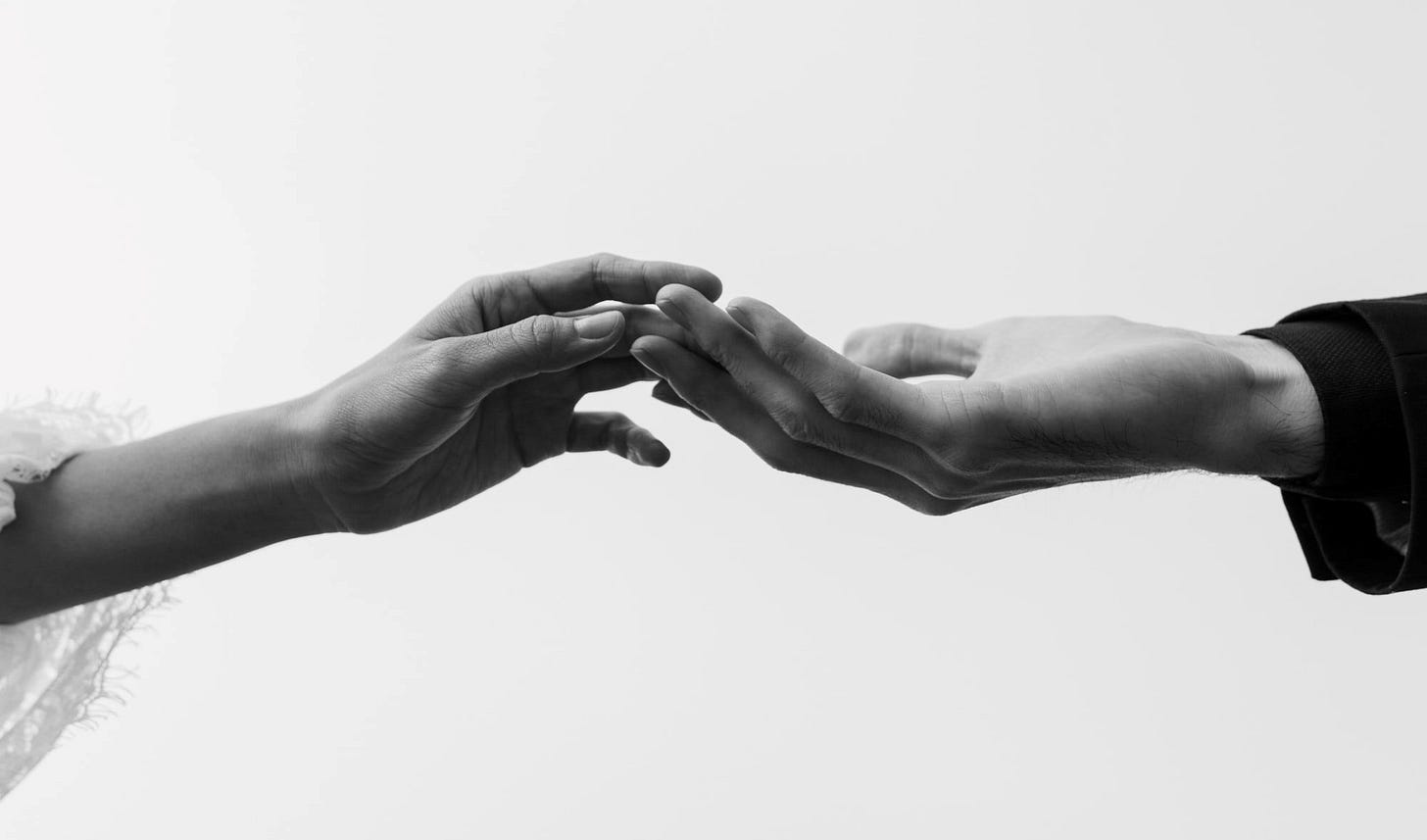On Womanhood
An interview with Lara Ryd and Hannah Schneider
Our friends at Curate sat down with Perishable Goods co-founders, Hannah Schneider and Lara Ryd, for an interview on what womanhood. The following is an excerpt. You can read the rest here.
What do you consider some major differences between manhood and womanhood?
Hannah: Rather than focusing on traits that are distinct to either men or women (our differences are often pretty obvious), I find it fascinating to reflect on how manhood and womanhood reflect the same qualities of God’s character in slightly different “shades.” For example, it’s not the case that God’s justice is only applicable to men or that His mercy is better reflected in women. God calls all of us to follow Christ, but gives us our individuality, of which our masculinity or femininity is an integral part, to do that.
I will say that it’s fascinating to see how Scripture uses embodied language, masculine and feminine, to reveal aspects of God’s redemption story. The Levitical laws center a great deal around the cycles and processes of the body, male and female; Proverbs 1-9 personifies wisdom and folly in the feminine; Hosea speaks of Israel as an adulterous bride; our anticipation of Christ’s second coming is described as labor pains (Romans 8); the church of God is called the bride of Christ.
Lara: It’s always difficult to create strict definitions for “manhood” and “womanhood” because these things can’t remain in the abstract—they need to be embodied in order to be intelligible. The simplest way to compare the two is to compare them in their concrete forms: to compare Adam and Eve, for example, or husband and wife, or father and mother. God gives different gifts and directives to each character in the story of creation. Adam brings order to creation, and Eve fills and nourishes it. Adam makes the earth fruitful, and Eve makes Adam fruitful. This complementary partnership in tending creation plays out in different ways, but I think experience confirms that for a woman to thrive, she needs to be fruitful: filling, nourishing, and making lovely the world God created. On the other hand, God shows man’s role in creation by placing Adam in the position of leading, building, naming, and ordering. Both do the work of cultivating, but they are different kinds of cultivation.
What aspects of womanhood do you hope to capture with Perishable Goods? How is knowing about manhood helpful to us as women?
H: Just as it was not good for Adam to be alone without Eve; the context of womanhood cannot be fully understood without manhood. This isn’t to say that a woman must be married in order to be complete, but that there is some intrinsic quality about womanhood that must be understood as it relates to manhood. In Hebrew, the word for woman means “taken out of man”. Etymologically as well as theologically, our dependence on one another as male and female defines us, regardless of the relational form that dependence takes.
L: I think we really want to capture the idea that womanhood is an exquisite gift, and that God’s design of the female body is precious in that it, too, tells the story of redemption. The cycle of life, death, and rebirth is embodied in woman and in her part in creation. We want to embrace and celebrate the creative nature of womanhood: Eve’s role is one of fruitfulness. Our bodies bear witness to this, and that is something we hope that Perishable Goods helps women see.
Read the rest of the interview here.



